Developing empathy in Early Years is crucial as it is a core component of our social and emotional skills. I am one of five founders of EmpathyLab, an organisation that works with schools and public libraries to boost children’s empathy through stories.
The Early Years are particularly interesting because we know that children who can use empathy skills effectively build relationships, and can better settle and learn at school.
On 4 April 2022, OFSTED published a report on education recovery in Early Years. The findings are the latest in a series of research reports highlighting the pandemic’s worrying impact on some of our youngest children. In particular, their personal, social and emotional development. Early Years teachers and workers describe how children lack confidence when participating in group activities, don’t know how to share and take turns, and struggle with social relationships and friendship building.
Skills that support the development of empathy in the first few years of a child’s life include developing their emotional vocabulary. By naming emotions, children become emotionally literate, control their feelings better, and understand theirs and the feelings of other people1. The other significant skill is ‘theory of mind’, when a child realises that what they think and feel is not the same as what everyone else thinks or feels.
Theory of mind starts at roughly 18 months, and then, at around age three or four, true theory of mind starts to develop when children understand how a person is feeling and what impact that has on their behaviour. With this understanding, children begin to predict the impact of emotions and behaviour. As they grow, theory of mind plays a role in more complex reasoning and problem-solving2.
How can adults help develop empathy in Early Years?
Compassionate and caring adults play a massive role in supporting children’s empathy. Simple things like listening carefully, helping build vocabulary, explaining emotions and behaviour, and helping children interpret facial expressions and non-verbal cues are all important. Encouraging imaginative play that allows perspective-taking and the sharing of stories is crucial too.
Carefully chosen stories help expand a child’s world and life experience by providing a gentle introduction to the emotions and situations they will encounter as they grow. Picture books connect young children to the wider world, showing that people lead different lives and experience joys and challenges. Through book characters, children are exposed to how to behave with kindness and empathy to build positive relationships.
Empathy Lab produces annual Read for Empathy book collections selected by a panel of teachers, librarians and children’s book experts. We announced the 2022 primary and secondary collections in January. The titles are wide-ranging, covering picture books, poetry and novels. There are some fantastic Early Years titles in the collection this year, including:
Empathy in Early Years choice 1: Tisha and the Blossom by Wendy Meddour
A little girl named Tisha is rushed through her busy day by adults so intent on their lives that they miss what she needs until Tisha reminds them to slow down and enjoy being together in the natural world.
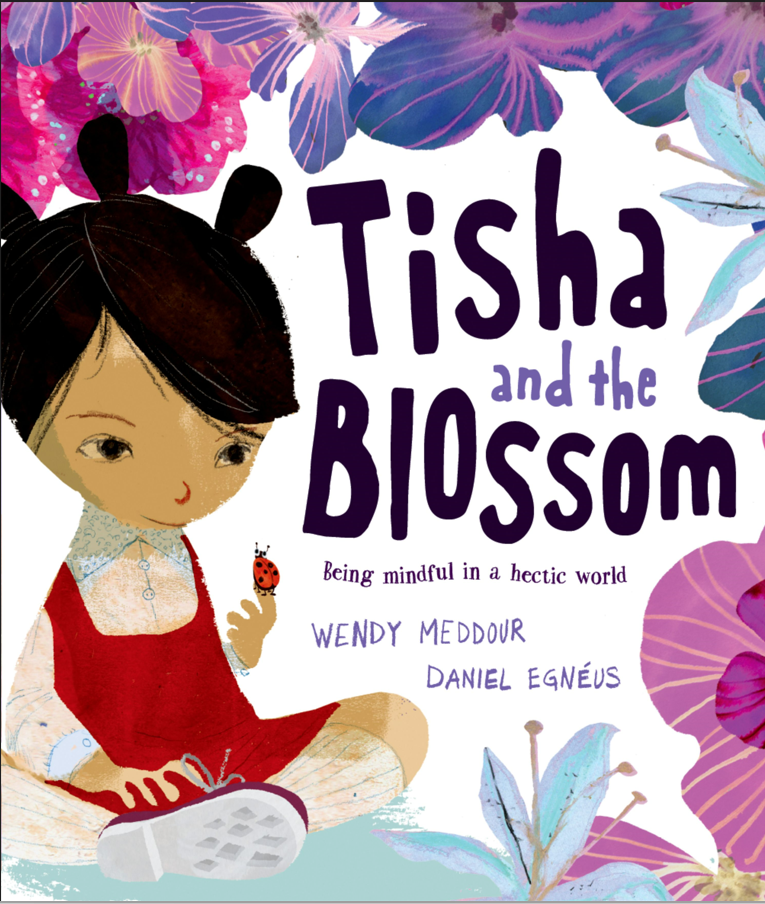
Empathy in Early Years choice 2: Luna Loves Art by Joseph Coelho
A group of very young children go to an art gallery where a troubled little boy called Finn is overwhelmed and misbehaves. With the guidance of her mum, Luna recognises that he isn’t being bad but is upset, and she finds a way to be there alongside him until he feels better. This story provides fantastic role modelling of good, forgiving and compassionate friendship.
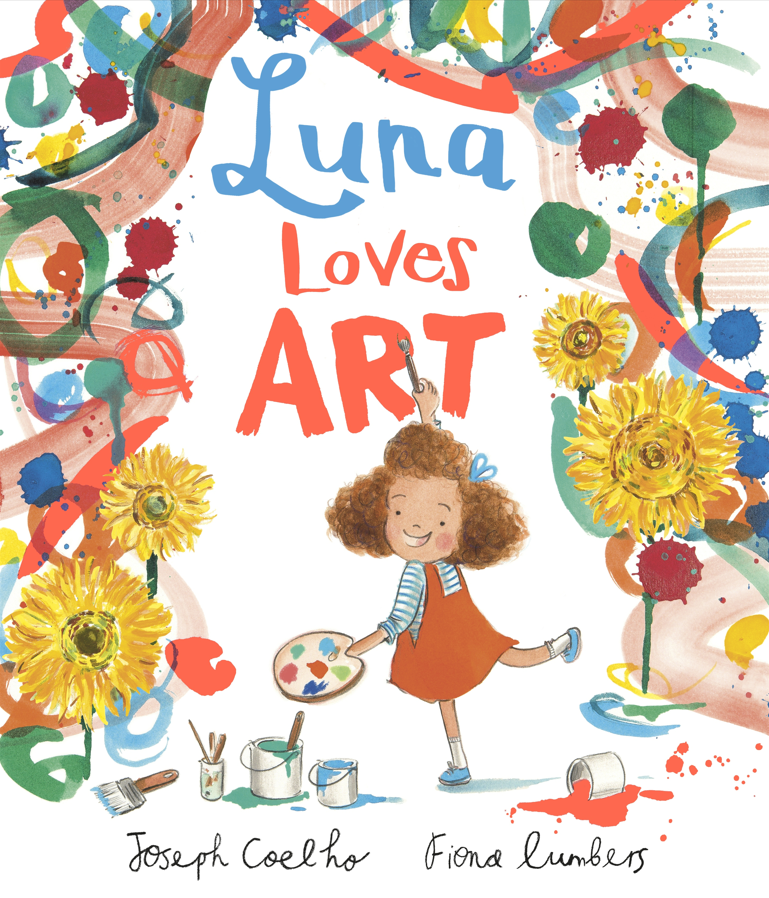
Empathy in Early Years choice 3: Barbara Throws a Wobbler by Nadia Shireen
A wonderful story for helping very small children name and understand a big emotion. Anger boils up inside Barbara and explodes into a huge ‘wobbler’. Like many toddlers having tantrums, Barbara doesn’t know why she is so angry, but she has to carry the wobbler around with her until she realises she has the power to tame it.
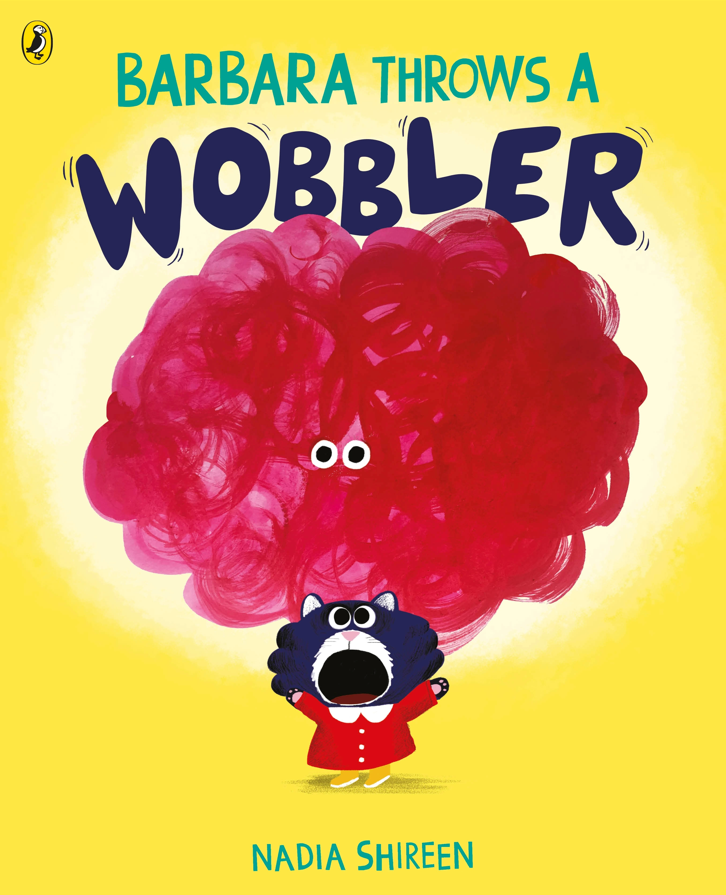
Empathy in Early Years choice 4: What Happened to You? by James Catchpole
Jo has only one leg. What he wants to do is play sharks and pirates, but everyone else wants to find out what happened to him. This picture book is great for helping children understand the world from someone else’s perspective. You could ask children reading it to imagine they were Jo. How would they feel if people just asked the same question repeatedly?
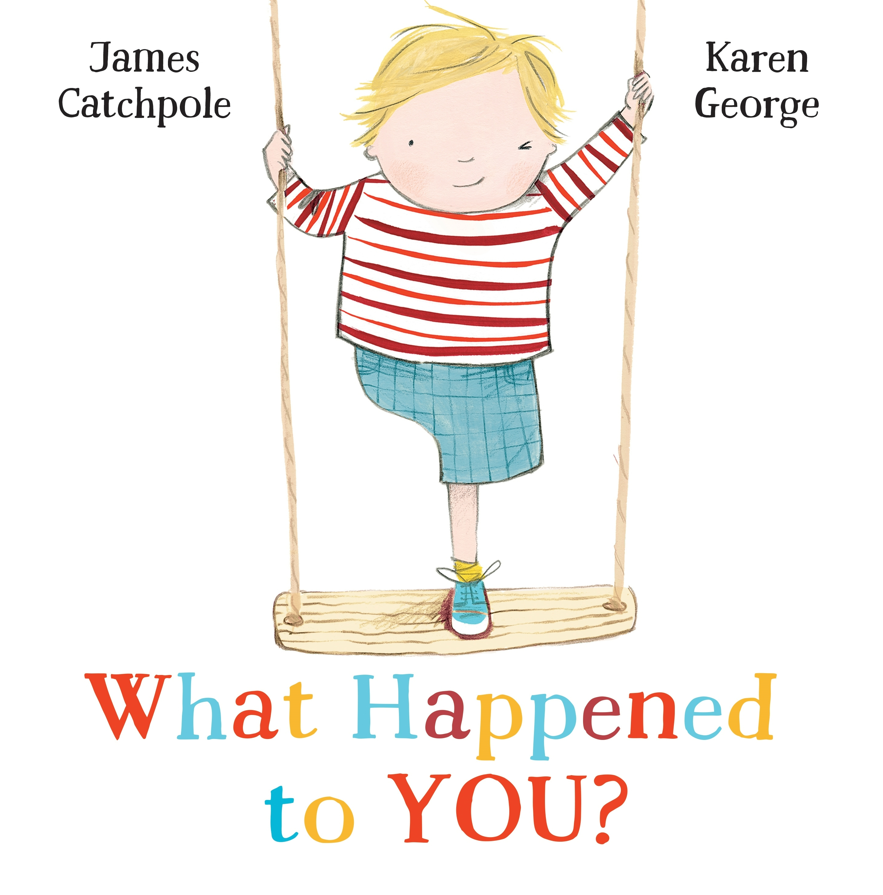
Empathy in Early Years choice 5: My Beautiful Voice by Joseph Coelho
In this story, we meet an exuberant and delightful teacher, Miss Flotsam, who demonstrates her empathy to her class. She gradually builds a silent little boy’s confidence until he has the courage to say his first words to his classmates. The boy’s joy, and that of the teacher and other children, jump off the pages!
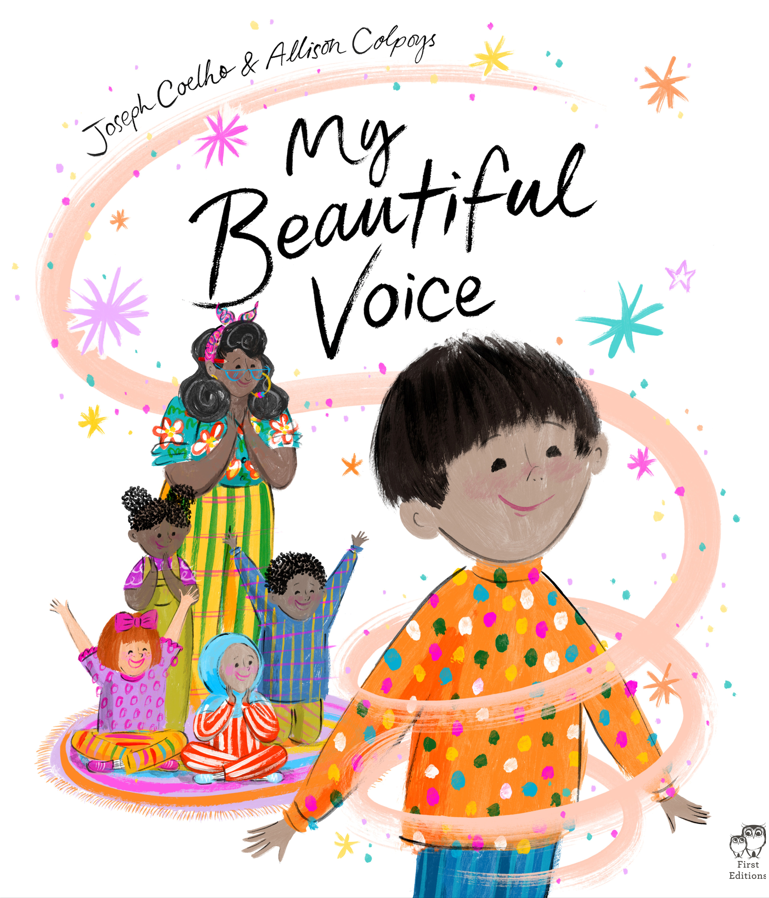
More great empathy book recommendations are on the EmpathyLab website.
Empathy Day 2022
Empathy Day is an annual event founded by Empathy Lab that promotes empathy through books. Empathy day 2022 takes place on 9 June. It is an online festival featuring authors such as Children’s Laureate Cressida Cowell, Jacqueline Wilson and Michael Rosen and culminating with a fantastic draw-along with Rob Biddulph for children of all ages at 2 pm.
We have produced an Early Years toolkit featuring rhyme time ideas and story activities to prepare for Empathy Day, available by signing up on the EmpathyLab website. On 12 May, 5.30-6.30 pm, we’ll be hosting our second ‘Empathy and the Early Years’ webinar. This year we are featuring Sue Palmer, literacy specialist and author of Toxic Childhood and member of Scotland Yard’s Early Years Task Force; June O’Sullivan MBE, campaigner and chief executive officer of the London Early Years Foundation, and author Nadia Shireen (author of Barbara Throws a Wobbler).
The webinar will look at how empathy starts in Early Years – brain development, attachment, the impact of trauma and what can adults do to make a difference. The webinar is free and open to all. You can book on Eventbrite.
Empathy has been described as a human superpower, and this is the theme of year’s Empathy Day. Imagine how different the world might be if every one of us could fully use our empathy powers. Parents, carers, Early Years teachers, and all those who interact and support the youngest children have a powerful role in giving children skills that will contribute to better individual outcomes and positively impact our future lives.
Thank you for visiting our blog. Our vision here at Books2All is a world where every child finds the books that help them reach their true potential. If you have spare books in good condition at home that you think might be appropriate for school children or represent a school and would like to register to receive donated books, please download the Books2All app from the App Store or Google Play.
1. and 2. Garnett, H. (2018) Developing empathy in the early years: A guide for practitioners. London: Jessica Kingsley Publishing.

